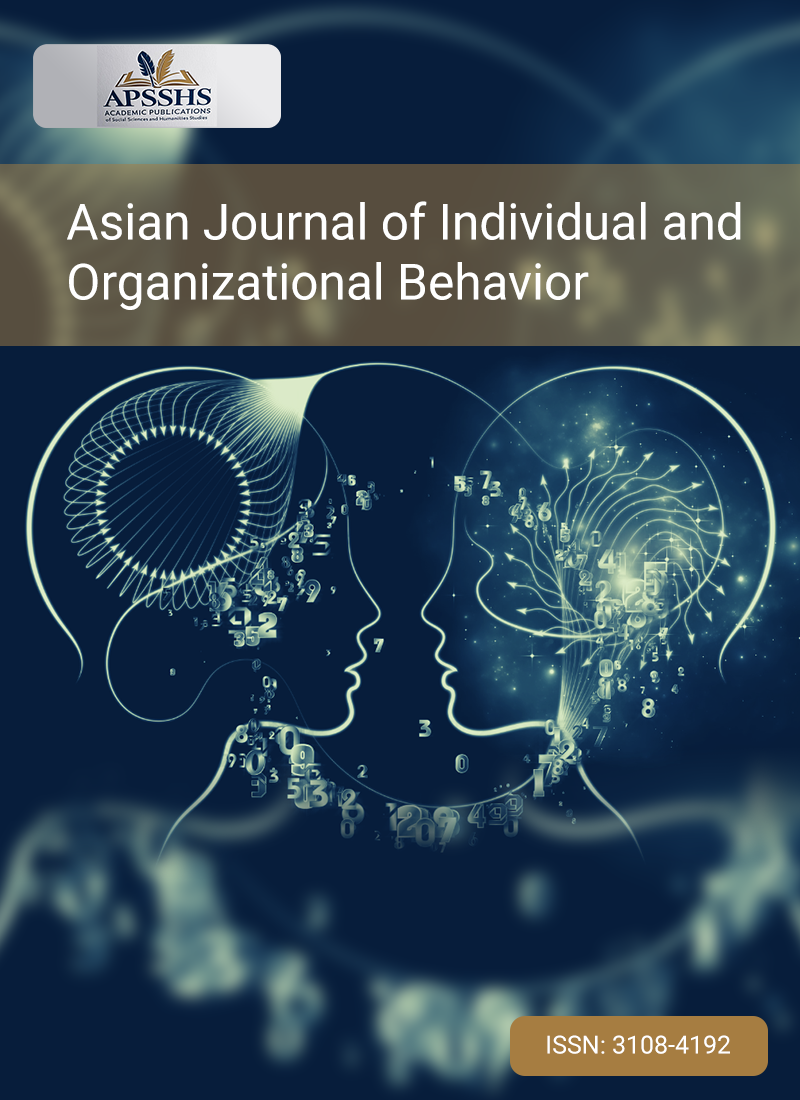
The focus of this study was to examine the improvement of information encoding and its subsequent impact on working memory in students with learning disabilities. These students often face challenges with ineffective learning strategies, which hinder their academic performance and foster a sense of failure in meeting expectations. The study included 20 fourth-grade students, ages 8 to 11 years, male and female. A two-group experimental design was used, which included pre-, post-, and follow-up assessments of key variables. The research instruments included the Stanford-Binet Intelligence Scale, the Information Encoding Level Scale, the Quick Neurological Screening Test, and a tailored program aimed at enhancing information encoding abilities. Statistical analyses were performed using standard means, deviations, paired t-tests, and independent t-tests with the help of statistical software.